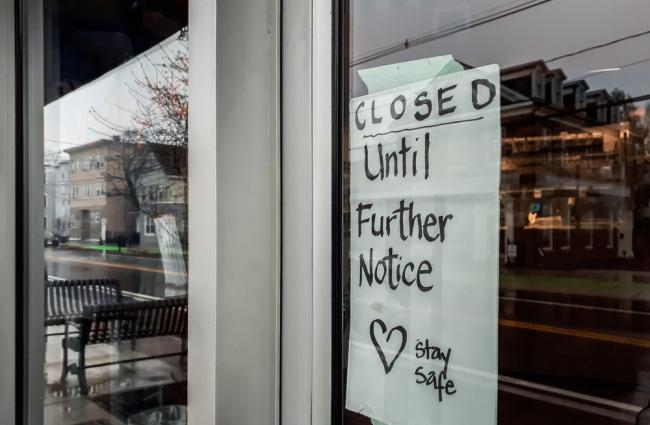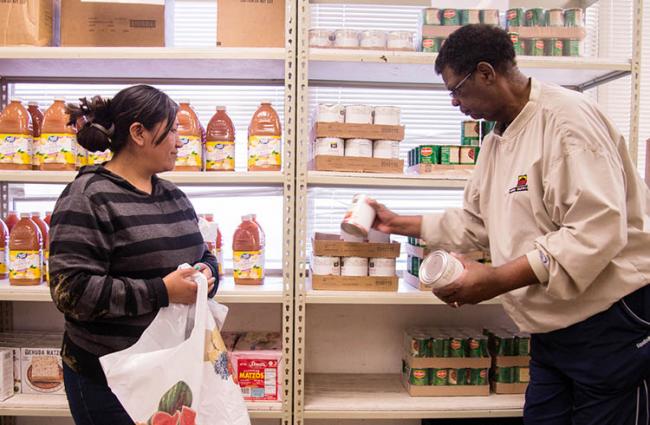Evidence for Action (E4A) funds research evaluating the population health, wellbeing, and racial equity impacts of programs, policies, and practices. What We're Learning is a repository of media pieces, research articles, presentations, reports, and other materials highlighting E4A supported research and findings. Sort by topic or resource type.



When families lose access to the Special Supplemental Nutrition Program for Women, Infants, and Children program (WIC) there appear to be no negative impacts on nutritional intake for kids.


When children are no longer eligible for the Special Supplemental Nutrition Program for Women, Infants, and Children (WIC) due to age requirements, mothers reduce their own nutritional intake to provide more food for their children.

Paid leave that covers time off for all workers will advance food security.

Impact of changes in the frequency of food pantry utilization on client food security and well‐being
When clients receive food assistance one month and then skip the following month, some might assume that this is because the food assistance has fulfilled its intended mission and that the household who did not show up to receive food is no longer in need of emergency assistance.

Unemployment insurance reduced food insecurity for those individuals that lost employment during the COVID-19 pandemic. The $600 weekly supplement was associated with further declines in food insecurity.


The Massachusetts Food is Medicine State Plan results from research efforts and findings and "brings together hundreds of individuals and organizations from across Massachusetts and beyond, all united by a belief that Food is Medicine."


Researchers Report Fewer Hospital and Nursing Home Admissions, Along with 16 Percent Drop in Medical Expenses, Among Recipients of Medically Tailored Meals